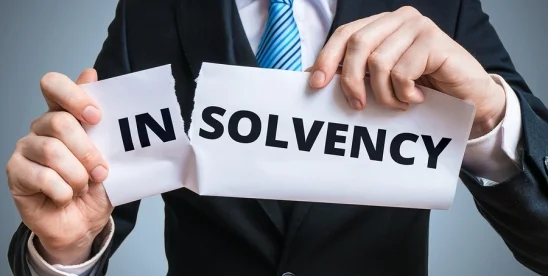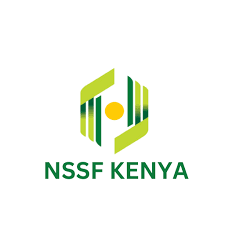Insolvency, a state of financial stress when an individual or company cannot pay debts as they come due. This means that a person or a company has liabilities that exceed assets. In Kenya, the Insolvency Act of 2015 provides a structured framework to help individuals manage debt and work toward financial recovery. The four main options available to individuals facing insolvency are Bankruptcy, Individual Voluntary Arrangement (IVA), No-Asset Procedure, and Summary Installment Order.
Bankruptcy is a legal process for those unable to pay their debts. A court appoints a trustee, either the Official Receiver or a licensed insolvency practitioner who takes control of the individual’s assets to distribute among creditors. The process begins when the debtor or a creditor files a petition with the court. Bankruptcy is mainly preferred as it offers protection from creditor harassment.
The Individual Voluntary Arrangement (IVA) is a more flexible alternative, where with guidance from an insolvency practitioner, the debtor proposes a repayment plan tailored to their situation. If the court approves and 75.0% of creditors based on debt value agree, the plan becomes binding for all creditors. This private process avoids the publicity of bankruptcy and often carries less stigma, making it a practical option for debt resolution.
Third is No-Asset Procedure which is designed for individuals with no assets to sell and debts between KES 100,000.0 and KES 4,000,000.0. It provides relief by pausing creditor actions, though obligations like alimony or child support continue. The process is publicized in the Kenya Gazette, and debtors cannot take on new debt during this period. It offers a way to stabilize finances without entering formal bankruptcy.
Fourth is the Summary Installment Order which applies to debts up to KES 500,000.0. The Official Receiver sets a repayment plan, typically over three years but extendable to five, overseen by a supervisor. Either the debtor or a creditor can initiate this, but the debtor must consent. This is a structured way to repay debts affordably.
These options reflect Kenya’s commitment to balancing creditor rights with opportunities for individuals to recover financially. With each pathway offering a chance to address debt while protecting individuals from pressure by selecting the best procedure that suits individual needs as they secure their financial future.
















